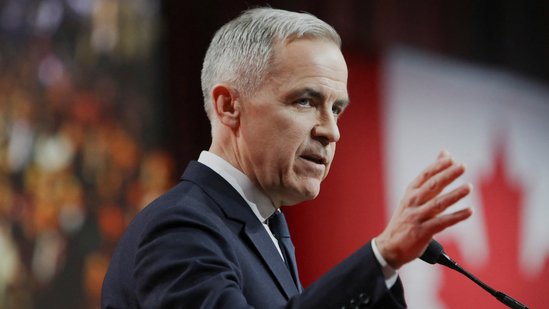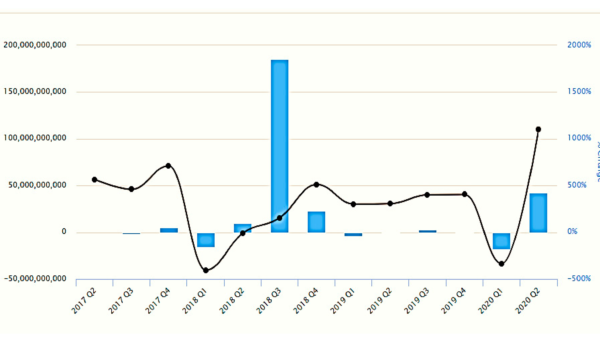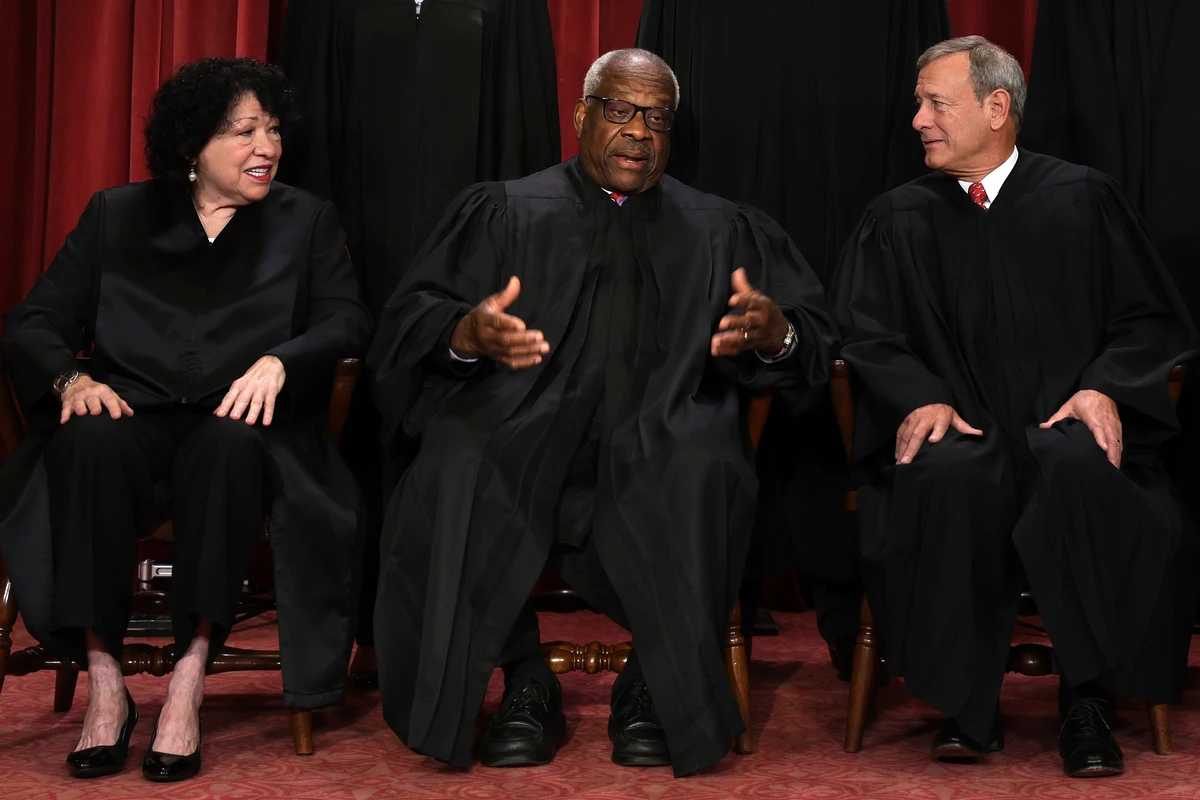Introduction: Revelations in Justices’ Financial Disclosures
In recent disclosures, Supreme Court Justice Clarence Thomas has once again made headlines by amending an old report to include details of lavish trips funded by a wealthy patron. While other justices have disclosed gifts, income from books, and teaching engagements, Thomas’s amendments shed light on potential conflicts of interest and the scrutiny surrounding justices’ financial disclosures.
Thomas’s Amendment: Uncovering Lavish Trips
The revelation of Clarence Thomas’s amended report underscores the scrutiny surrounding justices’ financial disclosures. By including details of lavish trips funded by a wealthy patron, Thomas’s amendment raises questions about potential conflicts of interest and the transparency of justices’ financial dealings. These disclosures provide insights into the broader debate over judicial ethics and the need for greater accountability and transparency within the judiciary.
Comparative Transparency: Gifts, Trips, and Other Income
While Thomas’s amended report has garnered attention, it is worth noting that other justices have also disclosed gifts, trips, and other sources of income. These disclosures are intended to provide transparency and accountability regarding justices’ financial interests and potential conflicts of interest. By revealing details of gifts, trips, and other income, justices aim to uphold the integrity of the judiciary and maintain public trust in the impartiality and independence of the Supreme Court.
Scrutiny and Accountability: Addressing Potential Conflicts of Interest
The scrutiny surrounding justices’ financial disclosures reflects broader concerns about potential conflicts of interest within the judiciary. As guardians of the rule of law and arbiters of justice, Supreme Court justices are expected to adhere to the highest ethical standards and avoid even the appearance of impropriety. By disclosing gifts, trips, and other sources of income, justices seek to address concerns about potential conflicts of interest and uphold the integrity of the judicial process.
Calls for Transparency and Reform
The revelation of Clarence Thomas’s amended report has reignited calls for greater transparency and reform within the judiciary. Critics argue that justices should be subject to stricter disclosure requirements and ethical standards to ensure accountability and prevent conflicts of interest. Proponents of reform advocate for measures such as mandatory financial disclosures, recusal rules, and ethical guidelines to promote transparency and integrity within the judiciary.
Public Trust and Judicial Independence
The public trust in the judiciary and the independence of the Supreme Court are essential pillars of democracy. Justices must maintain the public’s confidence by adhering to ethical standards and avoiding conflicts of interest that could undermine the impartiality and integrity of the judiciary. By disclosing gifts, trips, and other sources of income, justices demonstrate their commitment to transparency and accountability, thereby upholding the principles of judicial independence and the rule of law.
Conclusion
The revelation of Clarence Thomas’s amended report and the disclosures made by other justices underscore the importance of transparency and accountability within the judiciary. By revealing details of gifts, trips, and other sources of income, justices aim to address concerns about potential conflicts of interest and uphold the integrity of the Supreme Court. As calls for greater transparency and reform continue, the judiciary must remain vigilant in maintaining public trust and preserving the independence and impartiality of the judicial process.
































